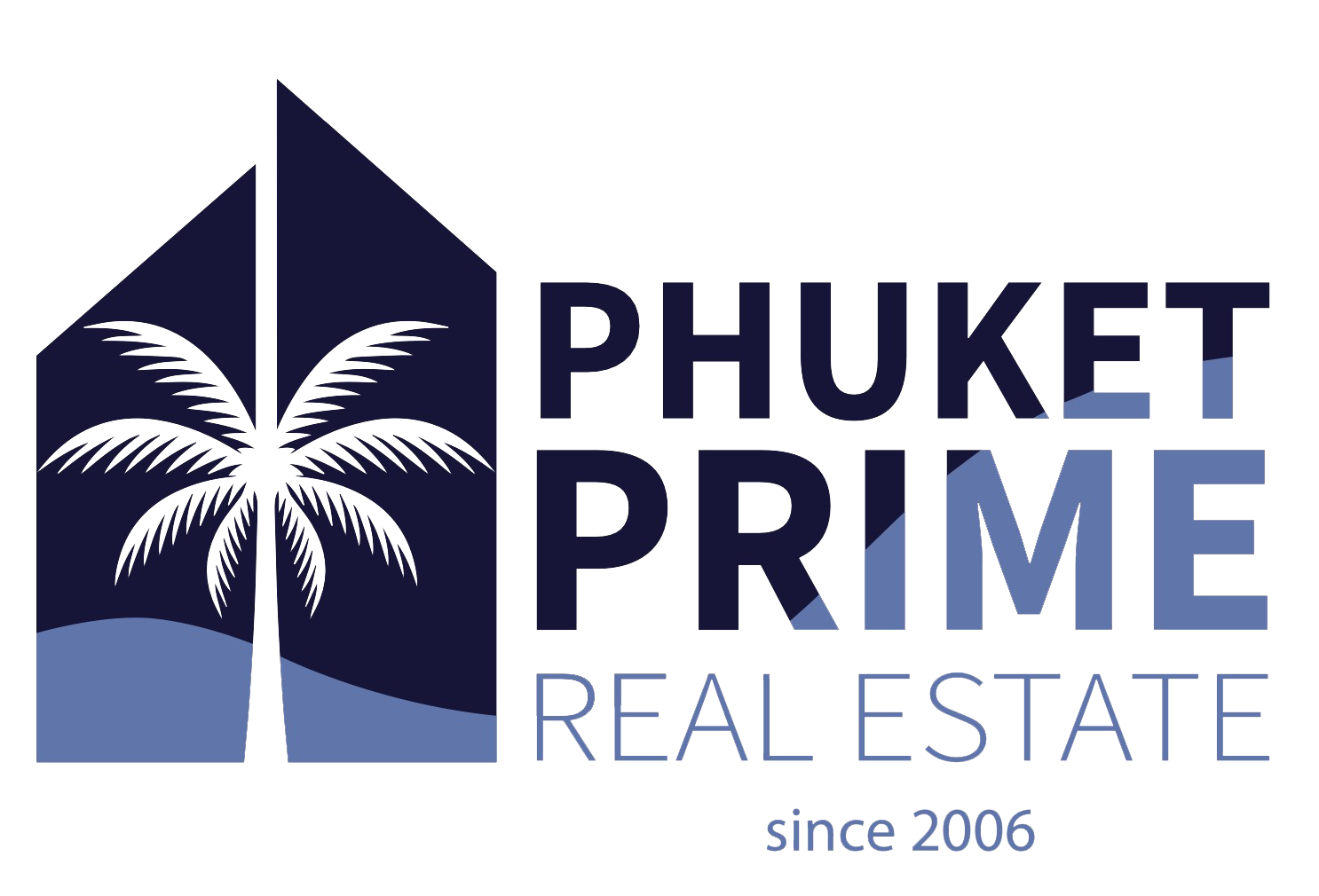
Firstly, my apologies in advance, this is going to be a “longer than normal” blog. But it needs to be.
Buying property sight unseen is generally considered a risky strategy. There, I said it. Yet we have had many successful investors making a lot of profit using this approach. So, how can you minimise this risk?
With so many online portals and property websites literally at your fingertips, it’s never been easier to find your next real estate investment.
It’s not only possible to search and review properties, but you can also do extensive due diligence online with the help of a professional and trustworthy broker/agent
For instance, searching Google maps to confirm the properties location etc, as a matter of course when reviewing a potential property. Whether you’re planning to buy sight unseen or not, is a good idea to Google its location. However, you can’t always rely on Google maps, because it’s not always up to date. But you can pick up broad information this way that can be really important.
With regards to resale properties, some agents might not tell you that there’s a pig farm or cement factory near the property you’re looking at. But a broker can and will.
To successfully purchase a property sight unseen requires a lot more due diligence than a few Google searches, however. When purchasing a property sight unseen, the following four golden rules will help guide you towards a safer/better deal:

1. The rules of buying sight unseen
Only buy brand new property until you are confident with your broker. Buying sight unseen can pay dividends for investors – with one caveat. It’s absolutely fine to buy a property without inspecting it first. Provided it’s a new house/apartment with a clear land title, due diligence and properly legal ownership structures. All of which can be verified remotely using your broker and an appointed, trusted law firm.
Buying a new property is like buying a new car: when you order a vehicle from the dealer. You know exactly what you’re getting and it’s under warranty. Buying a new home is no different. You know the specs of the property you’re buying, and you’re covered the builder’s warranty covers you, should anything need attention.
With a second-hand or established property, you simply don’t know what you’re getting, without a thorough and professional building inspection report. So, insist on a “live video tour” for resales to begin with. We have encountered tales where investors have purchased a property thinking it had a view, only to discover that the view is, in fact, only visible from the corner of the balcony etc.
When sourcing a quality investment property, it’s just as important to get a feel for the neighbourhood, including the streetscapes, facilities and sense of community pride, as it is to review the features and benefits of the property you’re considering buying.
2. Always engage someone to view the property/development on your behalf
Should you not be able to travel or visit Phuket to view the property or the development site itself, you should always have someone inspect the property/development on your behalf, a trusted agent or a friend etc.
There are traps for the unwary when using this strategy, which could have serious financial ramifications for an investor if they inadvertently buy a ‘lemon’. Ideally, you do need to have someone you can rely on to check the property out for you physically.
This is particularly important if you’re buying an established property, in order to see if there are any obvious repairs or maintenance issues. Engaging the services of a property or building inspector for a new or established property is strongly recommended.
3. Weigh up any risks before proceeding
While there are several considerations to weigh up before executing this strategy, one of the most important – and most often overlooked – is your risk profile. This depends a lot on the risk tolerance of the purchaser. The biggest risk for the investor is that they may not understand the area they are buying in, including the demographic. This is where your trusted broker knowledge becomes invaluable.
Facts and figures, together with adequate and suitable research and due diligence, can tick enough boxes and this reduces risk more than emotion and opinion ever will. The investor also needs to consider that buying sight unseen doesn’t automatically mean you’re going in blind.
Buying sight unseen doesn’t mean you are necessarily going to be unfamiliar. Information on the area, community, developments, building and inspections, running costs etc can be obtained beforehand. And all of this can be done remotely. More information can be found here.

Part 2 will follow shortly…
For more information and to answer any questions you may have regarding buying property investment “sight unseen” email me today at [email protected]






